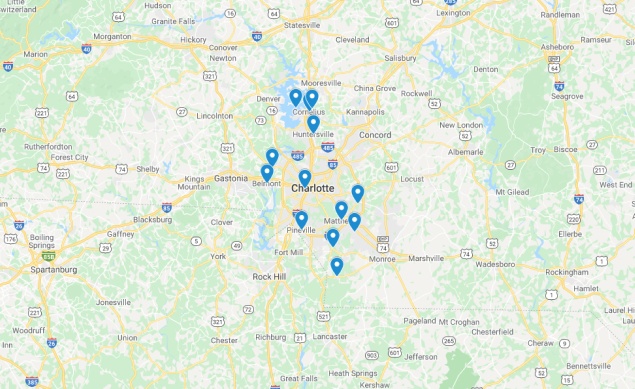It’s likely that thousands of lawsuits will be filed over the next few years alleging that Zantac, a popular heartburn medication, causes cancer. Plaintiffs’ lawyers speculate that a settlement could be worth billions.
Here is a quick background on the growing Zantac litigation as well as what to expect in the New Year and beyond.
Background
Consumers began filing lawsuits in October 2019 against the manufacturers of Zantac on the basis that the drug producers knew an impurity called N–Nitrosodimethylamine (NDMA) in the drug’s active ingredient, ranitidine, had the potential to cause cancer.
Claims for injuries from the product include the following cancers:
- Bladder
- Uterus
- Stomach
- Kidney
- Liver
- Testicular
- Small intestine
- Colorectal
- Esophageal
Plaintiffs allege that Zantac makers knew NDMA had carcinogenic properties but did nothing to warn patients about the risks of taking Zantac and its generic equivalent, ranitidine.
Given Zantac’s popularity as a heartburn medicine, the plaintiffs’ bar expected claimants would file hundreds of cases against the manufacturers and producers. Sales of ranitidine reached $221 million in 2018 alone. For that reason, in November 2019, the Zantac plaintiffs requested consolidation from the Judicial Panel on Multidistrict Litigation (JPML).
The JPML consolidated both the personal lawsuits and class actions under MDL 2924 in February 2020, indicating that the core facts were the same. The panel found many cases working their way through the Southern District of Florida, so it transferred the MDL 2924 to Judge Robin L. Rosenberg in the Southern District of Florida.
The plaintiffs’ bar prediction was right. At the time of the JPML order, filed Zantac cases numbered around 141. As of December 2020, there are nearly 50,000 active Zantac cases.
What to Expect
On October 5, 2020, the court entered an order based on the parties’ stipulation regarding discovery and the case management schedule in the Zantac multidistrict litigation (MDL). It called for a close of all fact discovery by December 2021, which is when motions will be filed to determine whether the cases can move forward on behalf of all former Zantac users.
It’s expected that Judge Rosenberg, as part of the coordinated management of the litigation, will also establish a bellwether program. Small groups of representative cases involving plaintiffs diagnosed with different types of Zantac-related cancers will be prepared for a series of early trial dates. These trials may not begin until 2022.
In the meantime, many lawyers are looking at two recent mass tort cases for guidelines: Valsartan and Roundup. The Valsartan litigation is similar because it also involves NMDA contamination. The Roundup litigation is similar because the product was widely used over a long period of time, like Zantac, and is now linked to various forms of cancer.
We invite you to stay up to date on the latest mass torts and class actions by subscribing to our blog.
Get in touch with Alert today to learn more about the attorney answering service we can offer you.





